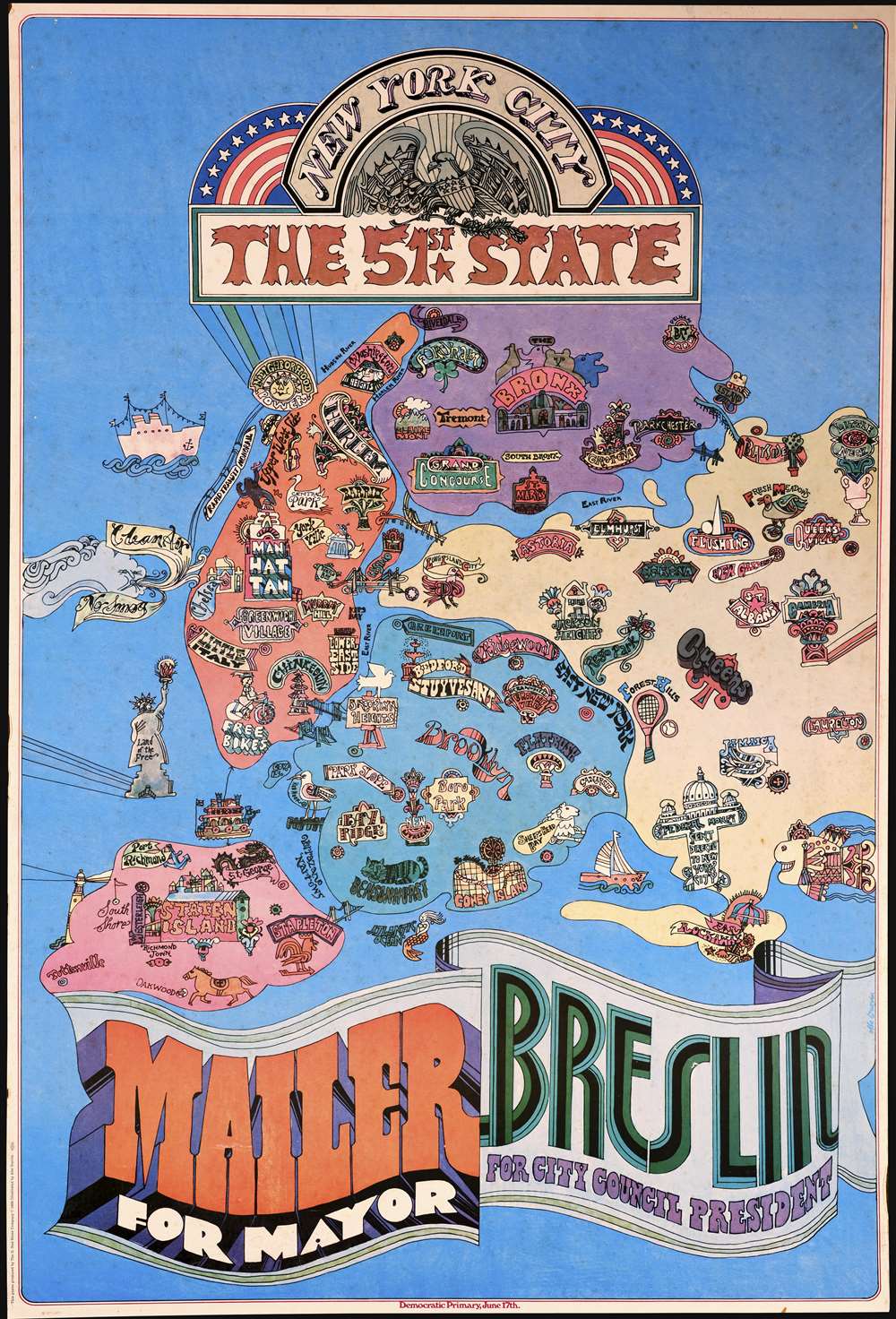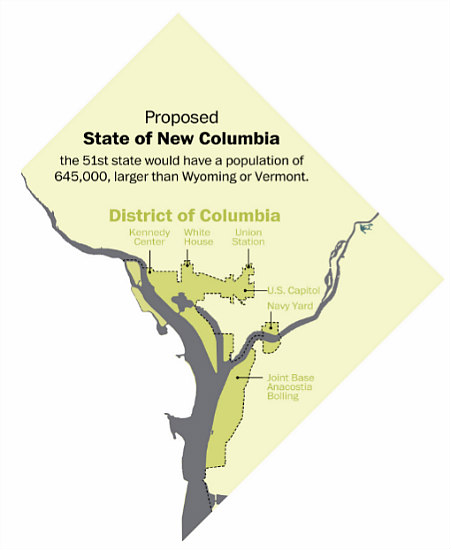The 51st State: A Comprehensive Exploration Of A Hypothetical Addition To The United States
The 51st State: A Comprehensive Exploration of a Hypothetical Addition to the United States
Related Articles: The 51st State: A Comprehensive Exploration of a Hypothetical Addition to the United States
Introduction
In this auspicious occasion, we are delighted to delve into the intriguing topic related to The 51st State: A Comprehensive Exploration of a Hypothetical Addition to the United States. Let’s weave interesting information and offer fresh perspectives to the readers.
Table of Content
The 51st State: A Comprehensive Exploration of a Hypothetical Addition to the United States

The United States of America, a nation built on the principles of liberty and self-governance, has evolved over time, both geographically and politically. While the current composition of the United States features 50 states, the concept of a 51st state has been a recurring theme in American history and political discourse.
This exploration delves into the multifaceted concept of a 51st state, examining its historical context, the potential candidates for statehood, the implications of such an addition, and the ongoing debate surrounding this issue.
Historical Context: The Evolution of Statehood
The United States began as a collection of 13 colonies, each with its own unique identity and aspirations. The journey from colonies to states began with the Declaration of Independence in 1776, setting the stage for the formation of a new nation. The U.S. Constitution, ratified in 1788, established a framework for the admission of new states, outlining a process that would govern the expansion of the Union.
The process of statehood has been a dynamic one, driven by various factors, including westward expansion, population growth, and political considerations. The early years of the nation saw the admission of states from the original territories, followed by the acquisition and incorporation of vast new lands through purchase, treaty, and conquest.
Potential Candidates for Statehood
While the current number of states stands at 50, several territories and regions have actively pursued statehood throughout history. The most prominent candidates for a 51st state include:
-
Puerto Rico: With a population exceeding 3 million, Puerto Rico has been a U.S. territory since 1898. The island has held multiple referendums on statehood, with a majority of residents voting in favor. However, the path to statehood remains complex, involving Congressional approval and the potential for constitutional amendments.
-
Washington, D.C.: The nation’s capital, Washington, D.C., has a population exceeding 700,000 and is home to a vibrant cultural and economic landscape. The District of Columbia has long sought statehood, arguing that its residents are denied full representation in Congress.
-
Guam: Located in the Pacific Ocean, Guam has been a U.S. territory since 1898. With a population of over 160,000, Guam has a strong sense of identity and a desire for greater autonomy.
-
American Samoa: This U.S. territory in the South Pacific has a population of around 55,000. While statehood remains a distant possibility, American Samoa has expressed a desire for greater self-determination.
-
U.S. Virgin Islands: Located in the Caribbean Sea, the U.S. Virgin Islands have a population of around 105,000. The islands have experienced economic challenges and have sought greater federal support, with some advocating for statehood as a potential solution.
Implications of a 51st State
The addition of a new state to the Union would have significant implications, impacting various aspects of American life:
-
Political Representation: A 51st state would bring additional seats to the U.S. House of Representatives and two senators to the U.S. Senate, potentially shifting the balance of power in Congress.
-
Federal Funding: New states typically receive increased federal funding, which can be used to improve infrastructure, education, and other public services.
-
Cultural Identity: The addition of a new state would contribute to the diversity of American culture and provide a platform for unique perspectives and experiences.
-
Economic Impact: A 51st state could stimulate economic growth by attracting investment and creating new job opportunities.
The Ongoing Debate
The concept of a 51st state remains a subject of ongoing debate, with proponents and opponents advancing compelling arguments:
-
Proponents of statehood: Advocate for greater representation, increased federal funding, and the recognition of unique cultural identities. They argue that statehood would empower residents of territories and provide them with a stronger voice in national affairs.
-
Opponents of statehood: Raise concerns about the financial burden on the federal government, the potential for political instability, and the impact on existing states. They argue that territories should focus on improving their own governance and economy before pursuing statehood.
FAQs: Addressing Common Questions
1. What is the process for a territory to become a state?
The process for statehood is outlined in the U.S. Constitution and involves multiple steps:
- Congressional Approval: Congress must pass an enabling act authorizing the territory to draft a state constitution.
- State Constitution: The territory must create a state constitution that meets the requirements of the U.S. Constitution.
- Presidential Approval: The President must sign the enabling act and the state constitution into law.
- Congressional Ratification: Congress must formally admit the new state into the Union.
2. Why is there resistance to statehood for some territories?
Resistance to statehood stems from various factors, including:
- Political Considerations: Some states fear that the addition of new states may shift the balance of power in Congress.
- Financial Concerns: There are concerns about the cost of providing federal funding to new states.
- Cultural Differences: Some argue that territories may have different cultural values and social norms that could create challenges for integration into the United States.
3. What are the potential benefits of a 51st state?
The potential benefits of a 51st state include:
- Increased Representation: Residents of the new state would gain greater representation in Congress.
- Economic Growth: Statehood could stimulate economic growth by attracting investment and creating new job opportunities.
- Cultural Diversity: The addition of a new state would contribute to the diversity of American culture.
4. What are the potential challenges of a 51st state?
The potential challenges of a 51st state include:
- Financial Burden: The federal government would need to provide funding to the new state, which could strain the budget.
- Political Instability: The addition of a new state could lead to political instability, particularly if there are significant cultural or economic differences between the new state and existing states.
- Social Integration: There may be challenges in integrating the residents of the new state into American society.
Tips for Understanding the 51st State Debate
- Stay Informed: Follow news reports and engage with resources from reputable organizations to gain a comprehensive understanding of the debate.
- Consider Multiple Perspectives: Explore the arguments from both proponents and opponents of statehood to gain a balanced view.
- Analyze Potential Impacts: Consider the potential implications of a 51st state on various aspects of American life, including politics, economics, and culture.
- Engage in Informed Discussions: Participate in conversations about statehood and share your informed perspective with others.
Conclusion: A Complex and Enduring Issue
The concept of a 51st state is a complex and multifaceted issue that has been debated for decades. While the path to statehood is challenging and fraught with political and economic considerations, the desire for greater representation and self-determination remains strong in many territories.
The future of the United States will likely be shaped by how this debate evolves, with the potential for the addition of a 51st state continuing to be a significant topic of discussion and analysis. Understanding the historical context, the potential candidates, the implications, and the ongoing debate surrounding a 51st state is crucial for comprehending the evolving landscape of American politics and governance.

![The 51st State (Dual Format Edition) [Blu-ray]: Amazon.de: Nigel](https://m.media-amazon.com/images/I/81ZUtj1mIFL._SL1500_.jpg)






Closure
Thus, we hope this article has provided valuable insights into The 51st State: A Comprehensive Exploration of a Hypothetical Addition to the United States. We appreciate your attention to our article. See you in our next article!